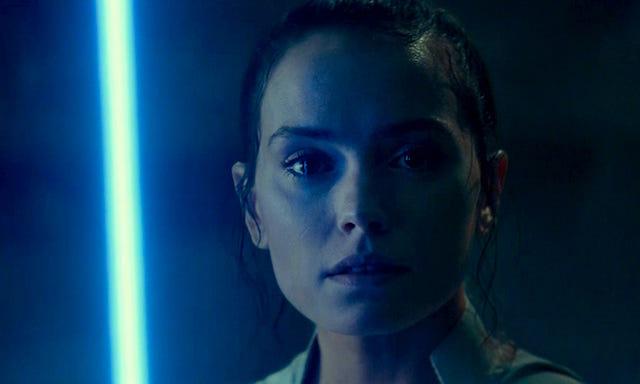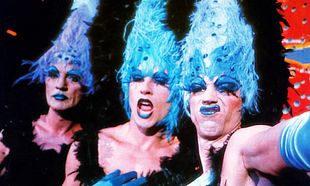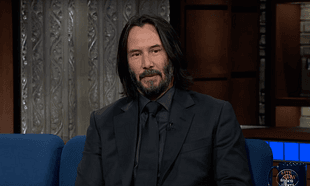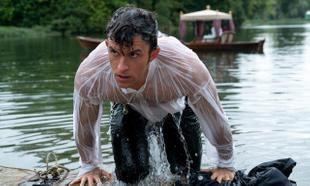If you come to the end of 'Star Wars: The Rise of Skywalker' and you're feeling like it's all been done before, that everything you expected to happen happened, you're not necessarily wrong for thinking that.
George Lucas, when he was directing 'Revenge of the Sith', famously said that his movies were "like poetry, they rhyme." Everything you saw in the prequels played out again, to one degree or another, in the original trilogy. In fact, some people have found key points in each of the movies that precisely mirror the original trilogy to the very timecode.
One of the biggest complaints that people levelled against 'The Force Awakens' was that it was too similar to 'A New Hope', while 'The Last Jedi' tore up the conventions and went off on its own way, while the complaints levelled against 'The Rise of Skywalker' is that it has - and apologies for mixing metaphors - reversed the course laid out by 'The Last Jedi'.
It's a valid argument, for sure. Yet, when you look at 'Return of the Jedi' or 'Revenge of the Sith', there's a lot of similarities. Let's look at the final moments of each movie, and the one that came before them.
At the end of 'The Empire Strikes Back', Luke Skywalker had his hand cut off by his newly-revealed father, Han Solo was trapped in carbonite and Leia was left unsure of whether or not Han loved him. 'Return of the Jedi' ended with the Emperor destroyed, Darth Vader redeemed as Anakin Skywalker, Luke Skywalker now a fully-fledged Jedi, and all was well with the galaxy. 'Attack of the Clones' ended with the Grand Army of the Republic marshalling for war, Anakin and Padme marrying on Naboo, and the certainty that the Clone Wars were underway.
Where does 'The Last Jedi' end, then? The Resistance has all but been destroyed by the First Order, Luke Skywalker has died trying to save them, Kylo Ren has become the Supreme Leader of the First Order, and Rey is facing into an uncertain future with nobody to guide her and the question of who she really is still unsure. 'The Rise of Skywalker' sees Kylo Ren redeemed as Ben Solo after sacrificing himself to save Rey, the Emperor defeated once again by both Rey and Kylo Ren, and Rey setting herself a new course, a new name and as a fully-fledged Jedi.
As much as people can argue that seeing her standing in front of the binary sunset on Tatooine with her own lightsaber and taking the Skywalker name as her own was utter fan-service, you can't deny that it's not in keeping with 'Star Wars'. In fact, you couldn't really see it ending any other way. It wouldn't be 'Star Wars' if it did.
So much of 'Star Wars' is built around channeling the audience's nostalgia and using it as a way to get people to buy into it. It works, too. There are now at least three generations of people turning up to see 'Star Wars: The Rise of Skywalker', each with their own expectations of it and their own history with it. Why? Because it's a formative experience. For a lot of people, it's the first movie they ever saw in a cinema, and passing that experience down is the benign reason why this new trilogy was created. The less-than-benign reason is, of course, Disney wanted a good return on their investment in buying Lucasfilm and if you look at the numbers, they sure as Sith got it.
'The Rise of Skywalker', if you're forgiving, will have a poetic symmetry to it because we see Rey ending one journey and beginning another, just as Luke Skywalker did and just as Darth Vader did. If you're not as forgiving, it's a cheap and rehashed way of closing off a franchise until it's time to reheat it again and get another couple billion out of it.
Ultimately, 'Star Wars' in general is so close to the bone for some people that any complaints or criticisms - however valid they might be - will go unheeded. 'The Rise of Skywalker', for all its faults, ended in the way it should have.
The next question is where 'Star Wars' goes from here.










































































